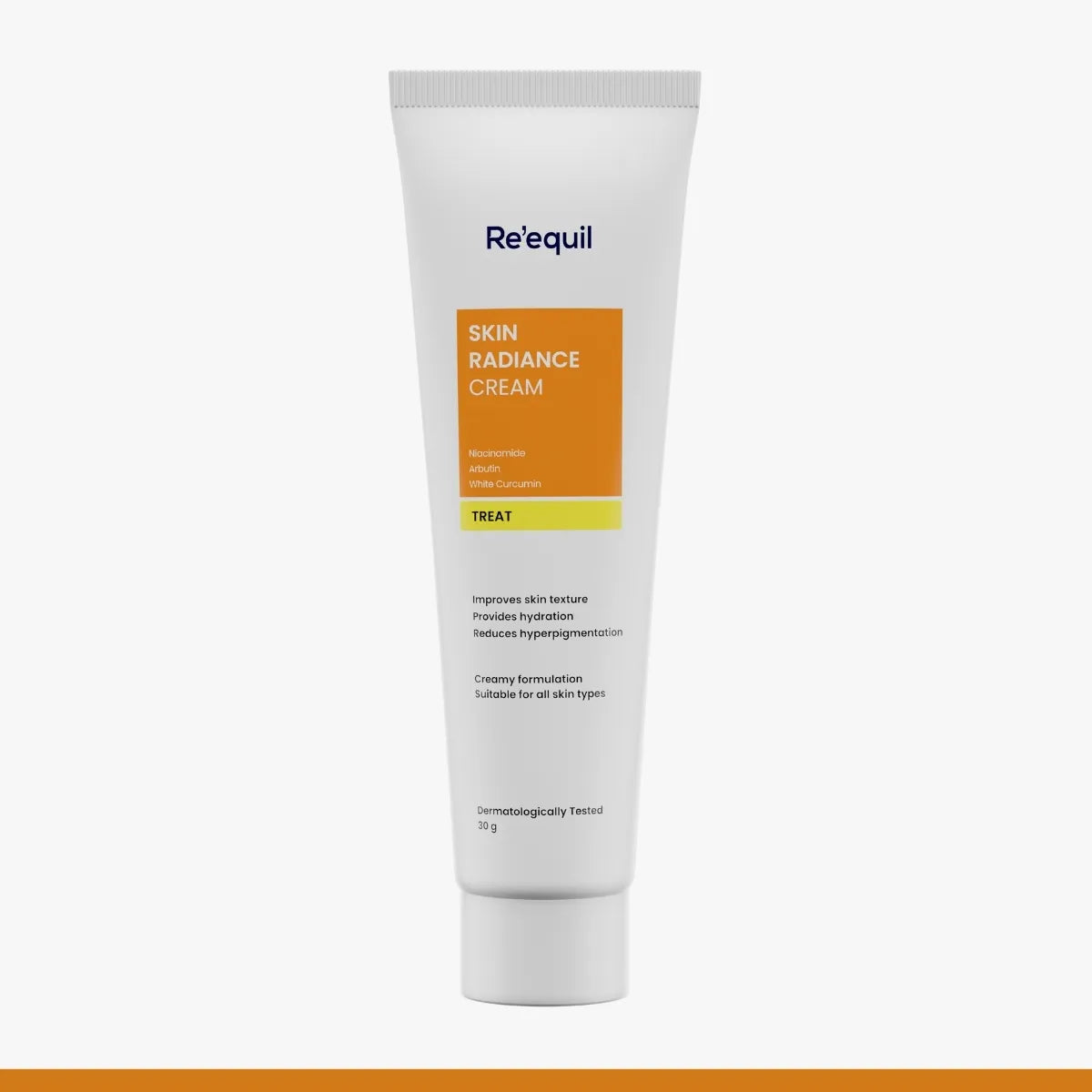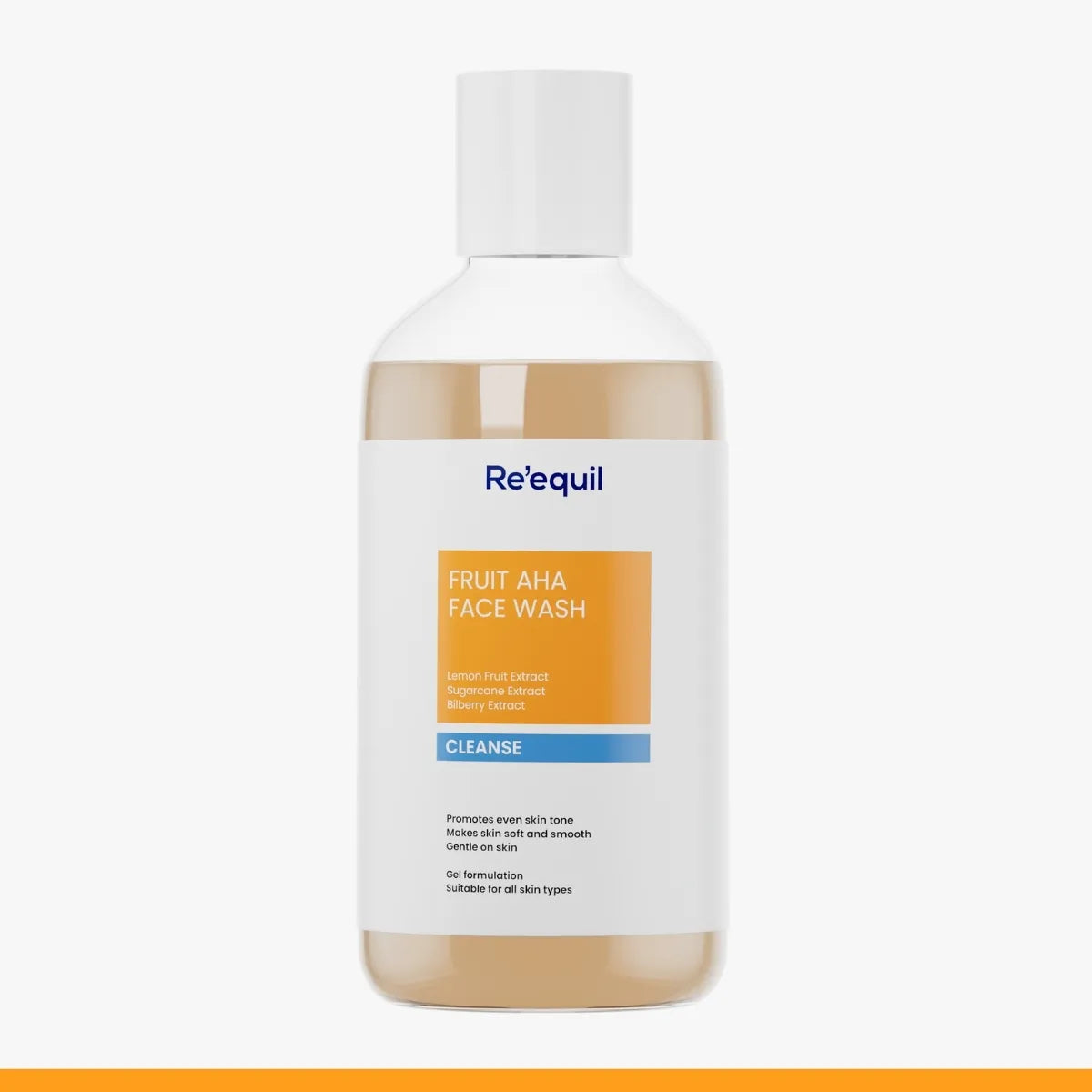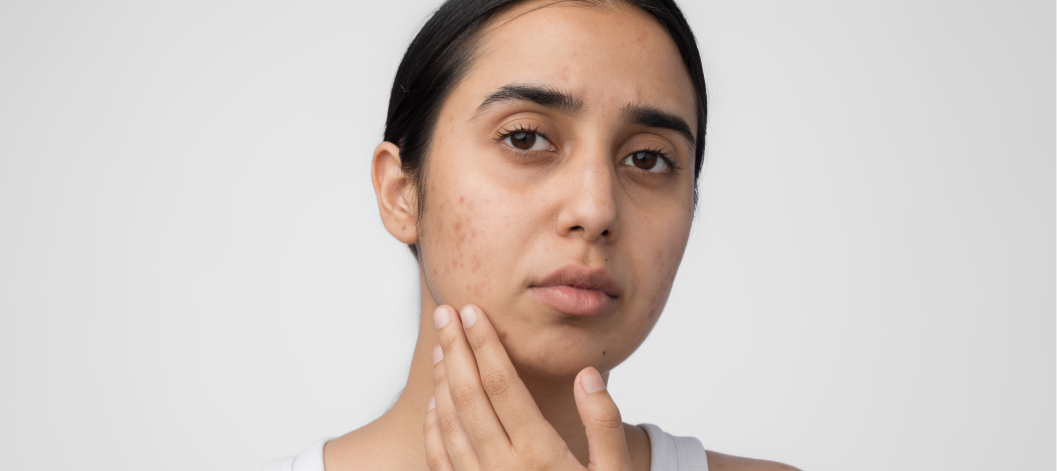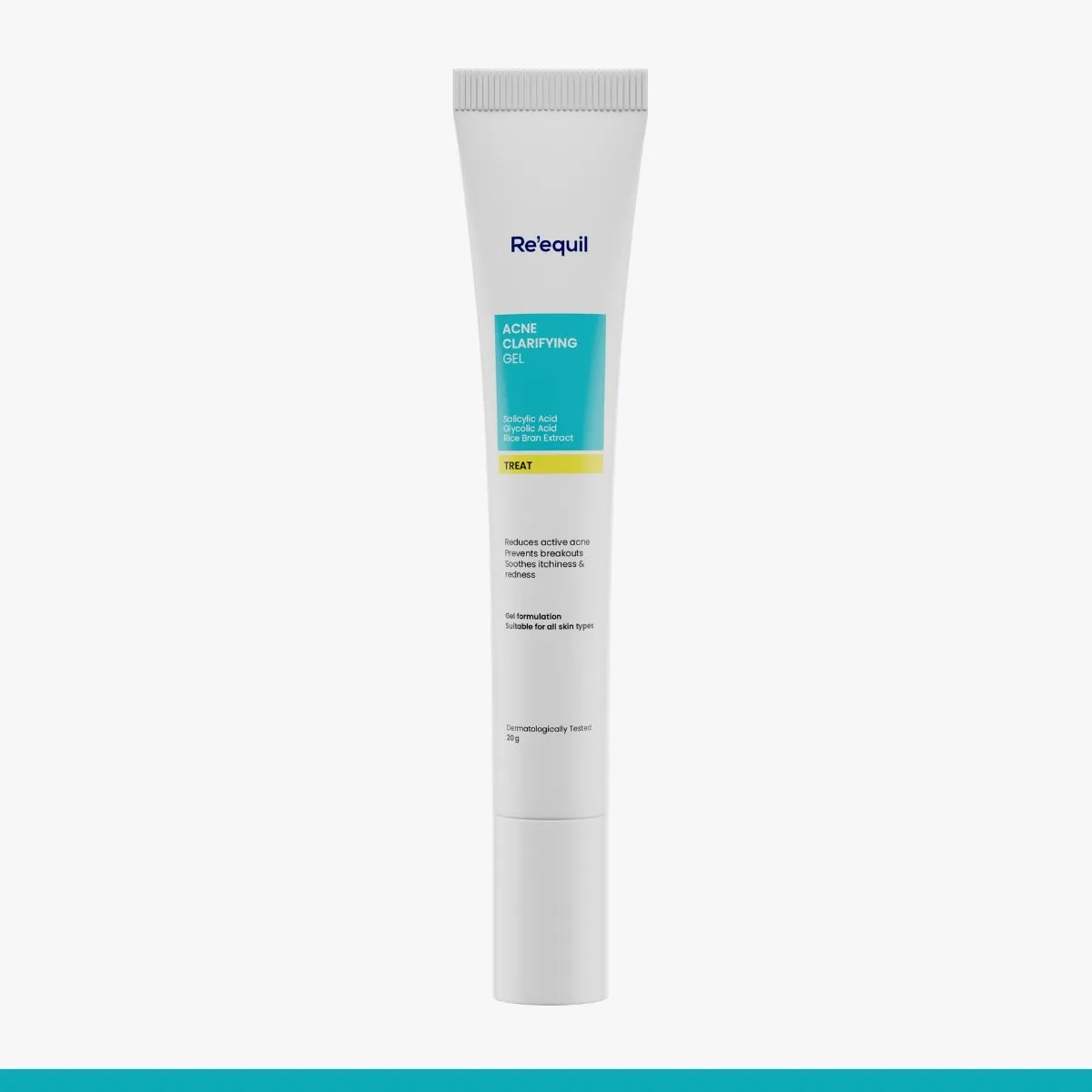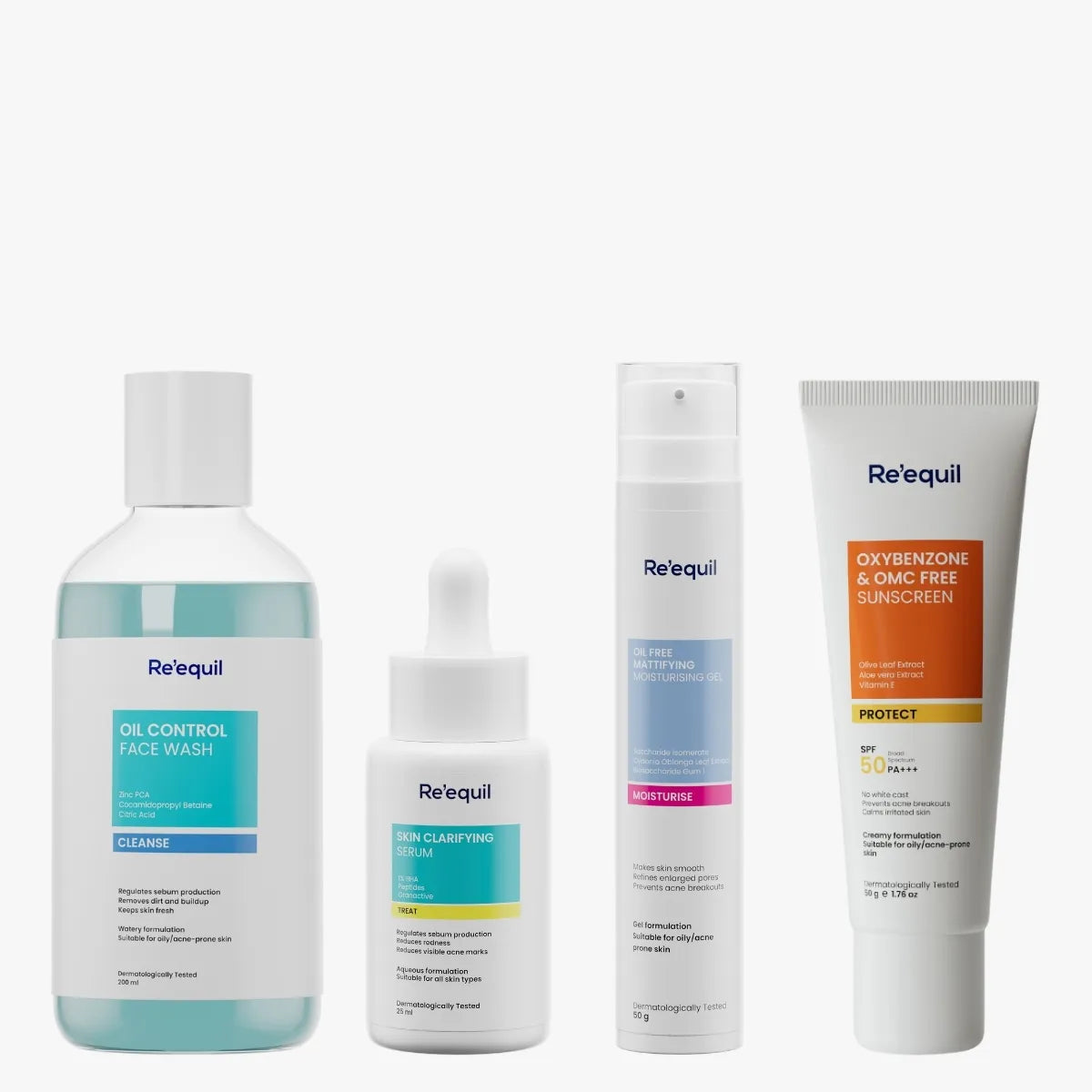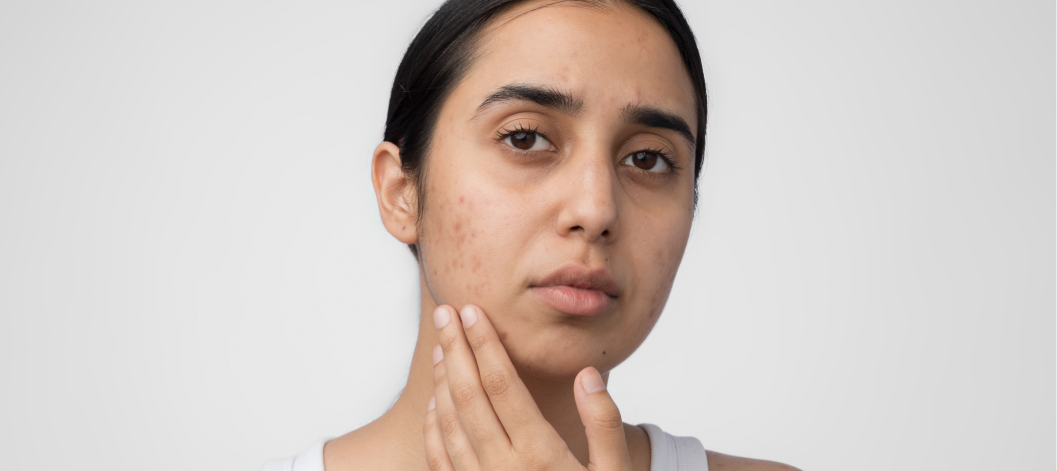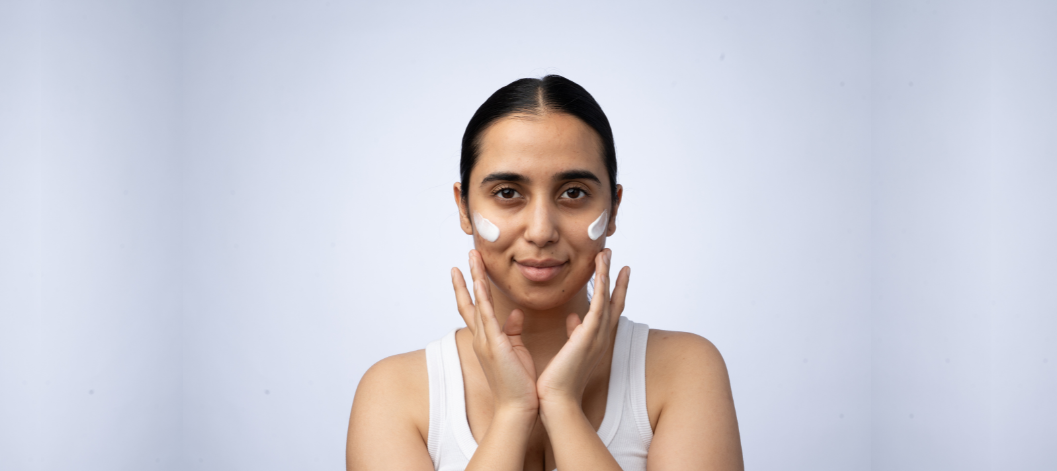How are Retinol and Hyaluronic Acid different from each other?
Retinol is widely regarded as the most effective anti-ageing topical treatment.
A 2012 study highlighted Hyaluronic Acid as a key molecule in the ageing process. The study suggests that a low molecular weight variant of Hyaluronic Acid can effectively reduce the appearance of fine lines and wrinkles.
Thus, both Retinol and Hyaluronic Acid can be considered effective anti-ageing treatments.
But is Hyaluronic Acid as potent as Retinol?
Does HA possess the ability to penetrate the deeper layers of the skin and mitigate free radicals like Retinol does?
No, HA works quite differently from Retinol.
Let's go over the key differences between Retinol and Hyaluronic Acid to help you determine which is better suited for your specific skin concerns.
1. Hyaluronic Acid is primarily a humectant that hydrates and retains water in the skin. Retinol, a Vitamin A derivative, promotes cell renewal and boosts collagen and elastin production.
A 2021 study shows that HA can immediately boost skin hydration, making the skin smooth and plump.
Whereas, Retinol stimulates collagen and elastin production in the skin, enhancing blood flow. This helps Retinol counteract skin concerns like wrinkles, fine lines, and hyperpigmentation.
2. Hyaluronic Acid mostly works on the surface of your skin, whereas Retinol penetrates deeper into the skin.
Hyaluronic Acid comes in 4 variants: raw form, hydrolyzed form, alkaline form, and cross-linked form.
Raw and hydrolyzed forms have high molecular weight and are unable to penetrate deeper layers of your skin. Thus, it stays on the outer layer of your skin and delivers hydration where it's required.
However, alkaline (sodium hyaluronate) and cross-linked forms have low molecular weight and can penetrate the deeper layers of skin.
On the other hand, over-the-counter Retinol creams are available in various concentrations, for example, 0.1% to 2%.
Regardless of the concentration, Retinol has low molecules that go deep beneath the epidermis (outer layer of skin) to the dermis.
3. Hyaluronic Acid is suitable for all skin types and can be used daily, while Retinol, typically used at night, requires gradual introduction due to its potency and may initially cause irritation.
Hyaluronic Acid is considered to be safe for all skin types, can be used every day, and does not cause any adverse effects. Out of all clinical trials conducted to prove the efficacy of HA—not one highlights any side effects of this ingredient.
Retinol, on the flip side, requires cautious use. If you are new to Retinol, it is suggested to start with low concentration and use it once a week during your nighttime routine.
Moreover, to some individuals, especially the ones with acne-prone or sensitive skin, Retinol can cause adverse reactions like purging, irritation, redness and peeling.
4. Results from Retinol can take weeks or months to show, while Hyaluronic Acid increases skin hydration immediately upon application.
Retinol has numerous benefits including reducing the appearance of fine lines and wrinkles, hyperpigmentation, and acne scars. But, Retinol takes time to work. It requires consistent usage.
The first few applications may even cause a few adverse effects.
However, there is one short-term benefit you can expect. After a few applications, Retinol will exfoliate the dead skin cells and unclog your pores—preventing the formation of acne over time.
Retinol vs Hyaluronic Acid: Which one is better for fine lines and wrinkles?
If fine lines and wrinkles are among your skin concerns, look no further than Retinol.
A 2006 study says that Retinoids, including Retinol, are the most promising agents available for the treatment of ageing and photoaging.
Retinol increases collagen production in the skin and stimulates the production of new blood vessels—reducing the appearance of fine lines and wrinkles.
Moreover, once the Retinol molecules reach the deeper layer of your skin, they reduce/balance free radicals (A 2010 study found that free radicals damage skin cells, leading to premature ageing).
But, to see results, you need to be consistent with Retinol. Experts say it can take up to 6 months before the improvements in wrinkles are apparent.
Retinol vs Hyaluronic Acid: Which is more suitable for treating acne?
Retinol is more effective than Hyaluronic Acid when it comes to treating acne.
In fact, it is approved for treating acne.
A 2021 study says Retinol's anti-inflammatory properties make it highly effective in treating acne and improving hyperpigmentation.
Another reason why Retinol is considered a suitable treatment for acne is its ability to unclog pores.
Clogged pores, caused by a buildup of dirt, oil, or dead skin cells, are a common skin condition. They are also the most common cause of acne.
On the other hand, there are not many studies that prove the effectiveness of HA for the treatment of acne.
The only relevant information available is a 2017 clinical trial that says HA can regulate sebum production, helping to prevent acne over time. Excess sebum production is a major cause of acne.
But HA does not target acne directly, thus Retinol is a better option.
READ: How Effective is Retinol for Treating Acne?
Which one is better for treating dark circles?
For treating dark circles or under-eye bags, Hyaluronic Acid is a safer option.
It's gentle enough to use around the eyes, unlike Retinol cream, which is quite potent and should be avoided on sensitive areas such as around the eyes, corners of the nose, and corners of the mouth.
HA will hydrate and brighten the skin under the eye—reducing the appearance of dark circles.
Can you use Retinol and Hyaluronic Acid together?
Yes, you can use Retinol and Hyaluronic Acid together—this combination will not cause any adverse effects.
In fact, these ingredients help each other work better.
A clinical trial conducted to test the efficacy of a cream containing low concentration of Retinol and Hyaluronic Acid, says that the combination significantly reduces the appearance of fine lines and wrinkles.
The combination can also be used to address skin concerns like pigmentary spots, uneven skin tone, and dullness.
Can Hyaluronic Acid help you avoid Retinol purge?
While Hyaluronic Acid may help with dryness caused by Retinol, it cannot help with skin purging.
Retinol speeds up the cell renewal process—in which your skin is basically trying to get rid of all the unwanted/dead skin cells. These cells are pushed to the surface of your skin—appearing as tiny, red bumps that can be sensitive and painful when touched.
But don’t worry, this is just a phase, which will last for a few days and then your skin will turn back to normal. Also keep in mind that it does not happen to everyone.
During the initial phase of using Retinol—where the purging most likely occurs—you can use a hydrating moisturiser to strengthen your skin barrier. Also make sure not to use any other harsh skincare ingredient.
READ: Retinol Purge? 5 Easiest Ways To Ease It
References
Goulden V. Guidelines for the management of acne vulgaris in adolescents. Paediatr Drugs. 2003;5(5):301-13. doi: 10.2165/00128072-200305050-00003. PMID: 12716217.
Lobo, V., Patil, A., Phatak, A., & Chandra, N. (2010). Free radicals, antioxidants and functional foods: Impact on human health. Pharmacognosy Reviews, 4(8), 118-126.
Mukherjee, S., Date, A., Patravale, V., Korting, H. C., Roeder, A., & Weindl, G. (2006). Retinoids in the treatment of skin aging: An overview of clinical efficacy and safety. Clinical Interventions in Aging, 1(4), 327-348.
Draelos, Z. D., Diaz, I., Namkoong, J., Wu, J., & Boyd, T. (2021). Efficacy Evaluation of a Topical Hyaluronic Acid Serum in Facial Photoaging. Dermatology and Therapy, 11(4), 1385-1394.
Papakonstantinou, E., Roth, M., & Karakiulakis, G. (2012). Hyaluronic acid: A key molecule in skin aging. Dermato-Endocrinology, 4(3), 253-258.
Aayush Maggu 5 minutes 05. 07. 2024

